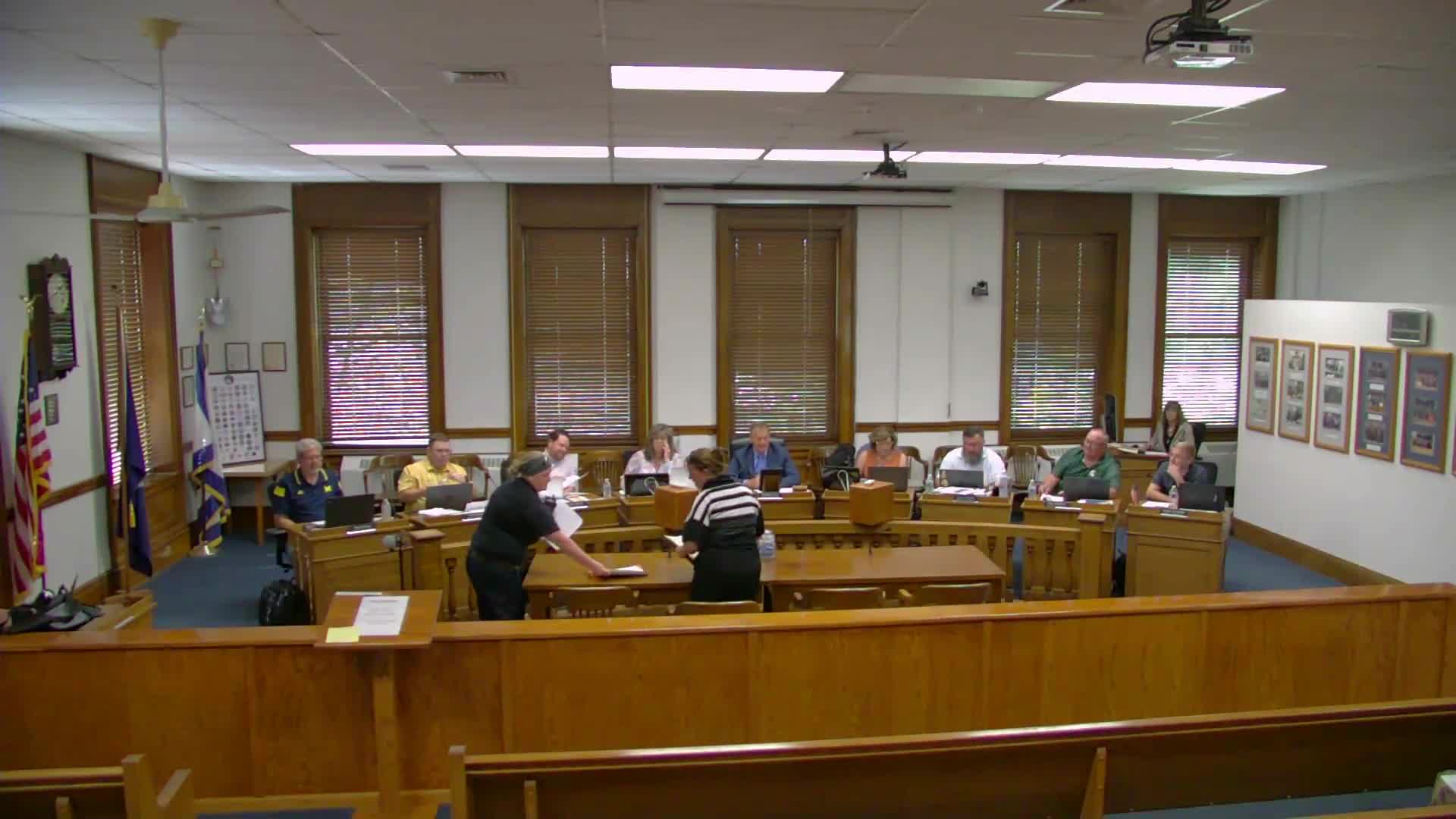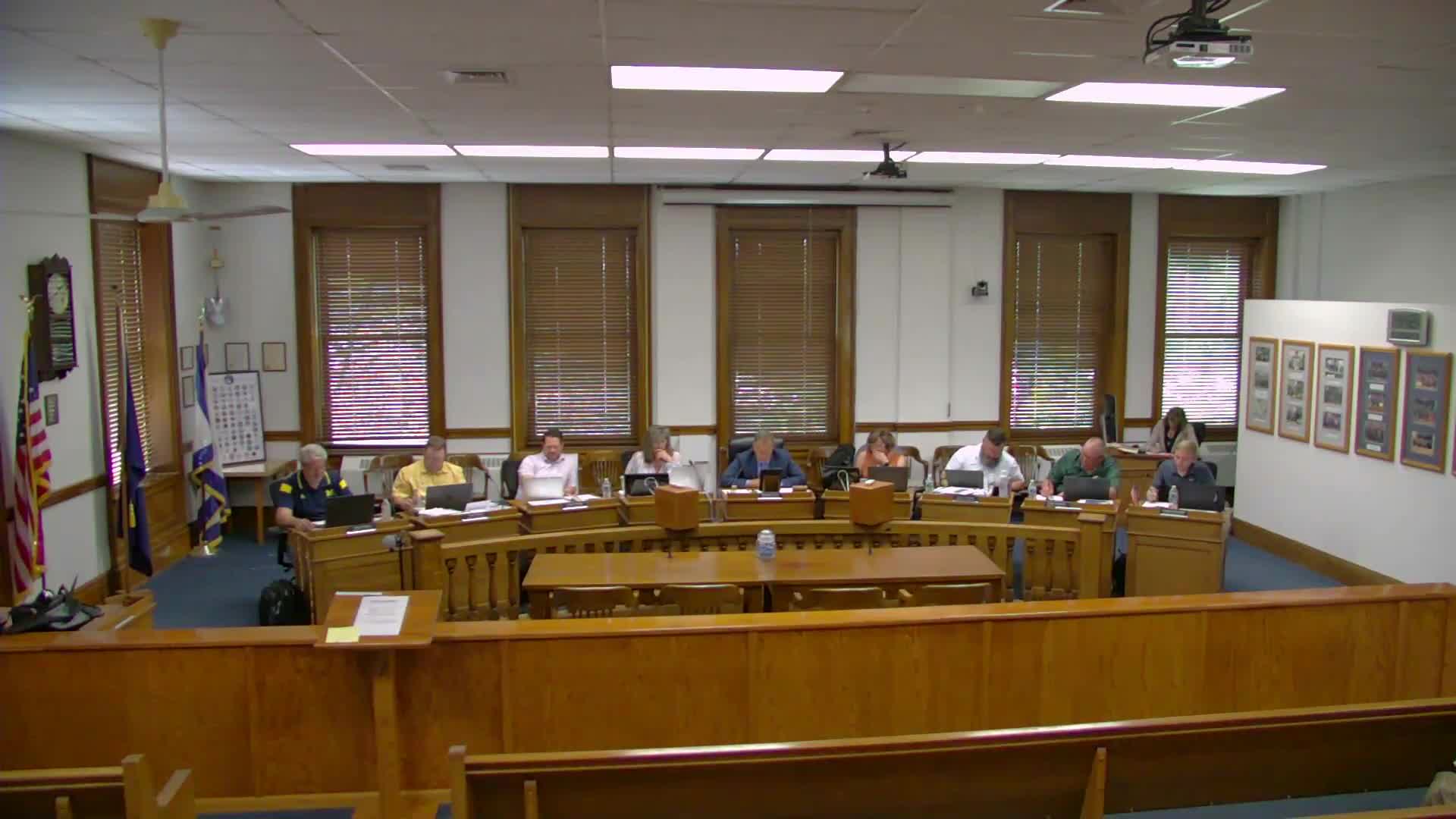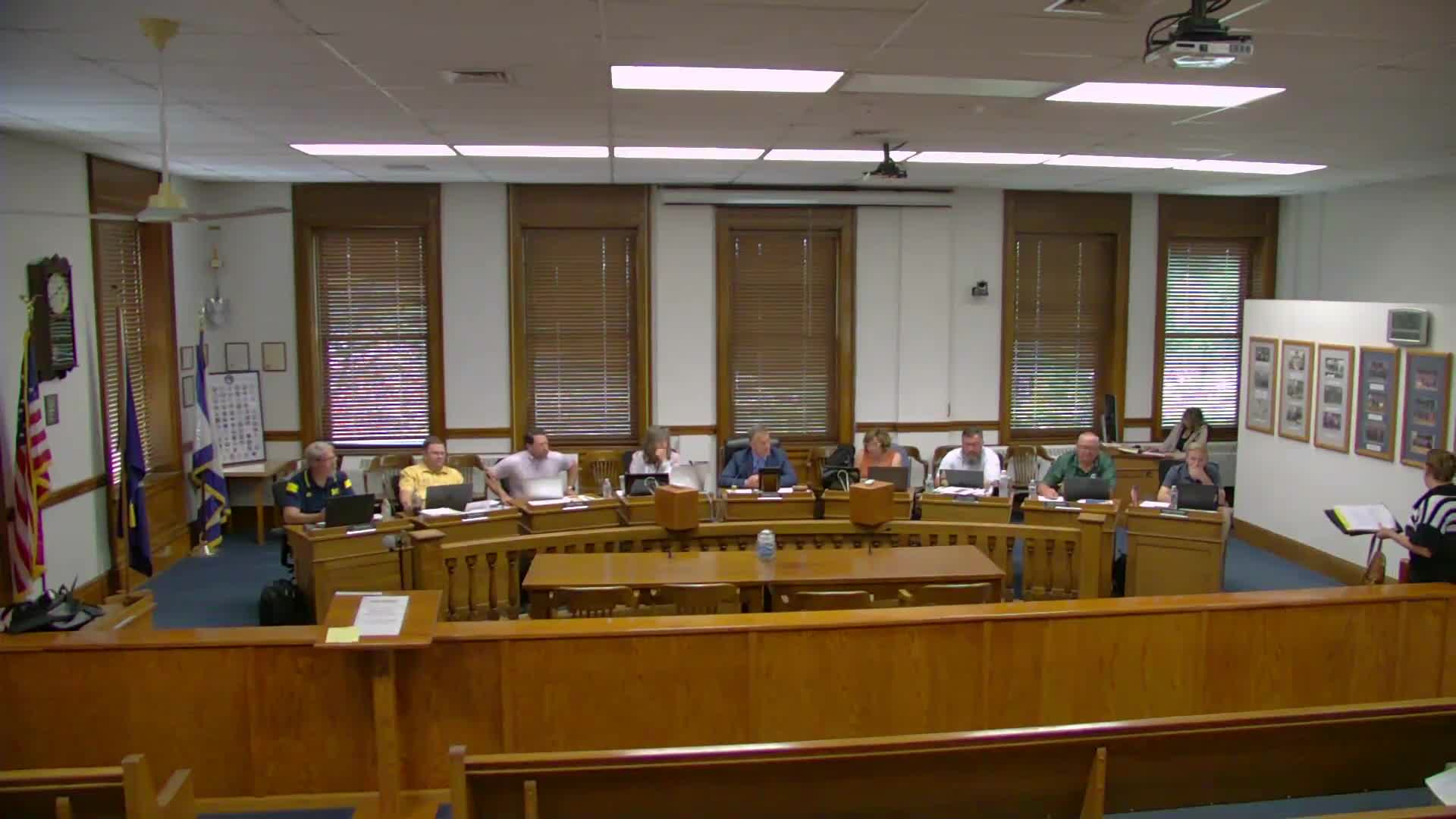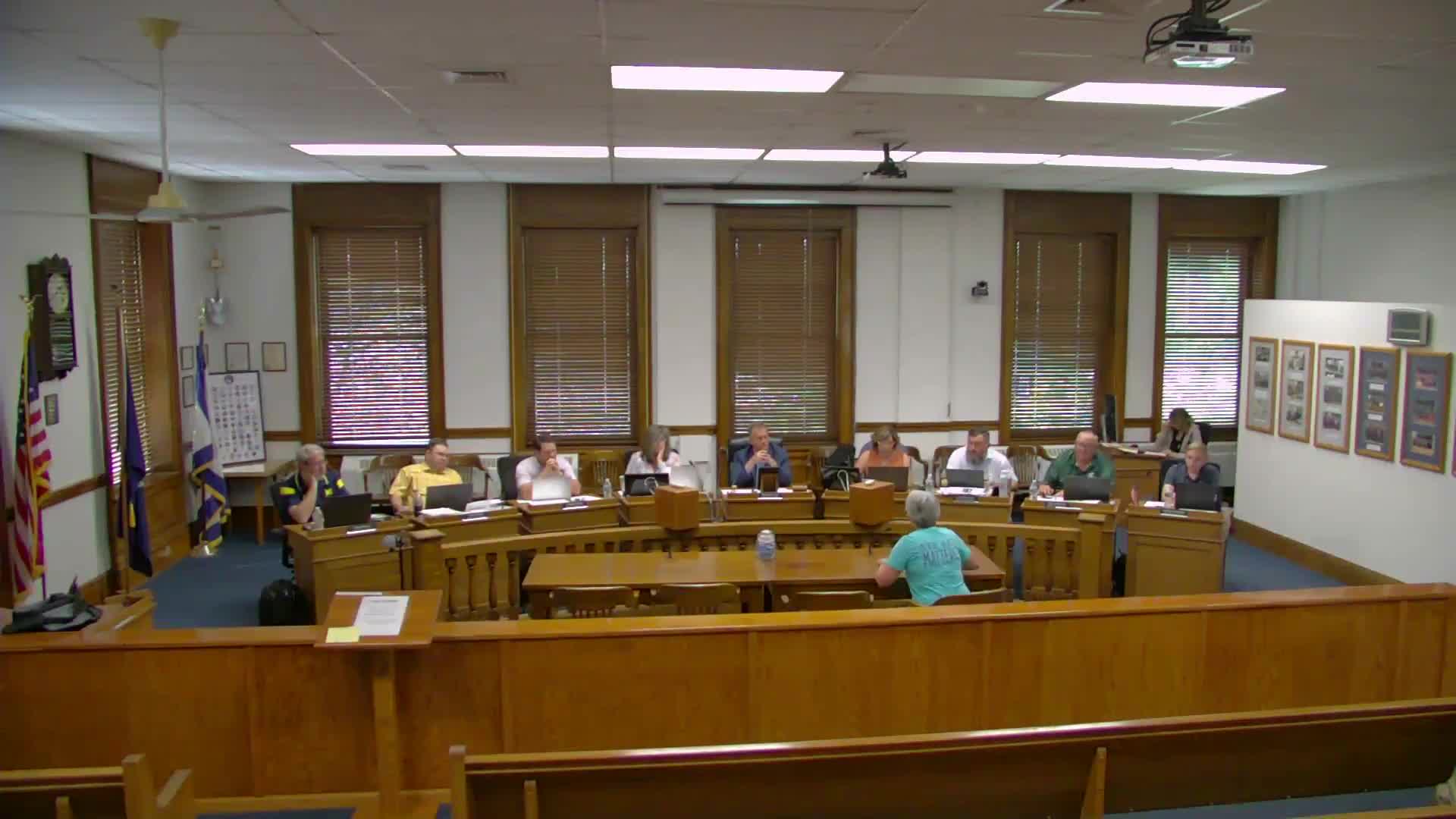Article not found
This article is no longer available. But don't worry—we've gathered other articles that discuss the same topic.

Votes at a glance: Montcalm County Board actions on warrants, consent items and closed session — May 12, 2025

Montcalm County sets 2025 tax rate request at 3.2116 mills after board debate

Montcalm County approves shelter‑to‑prison dog training partnership with Central Michigan Correctional Facility

